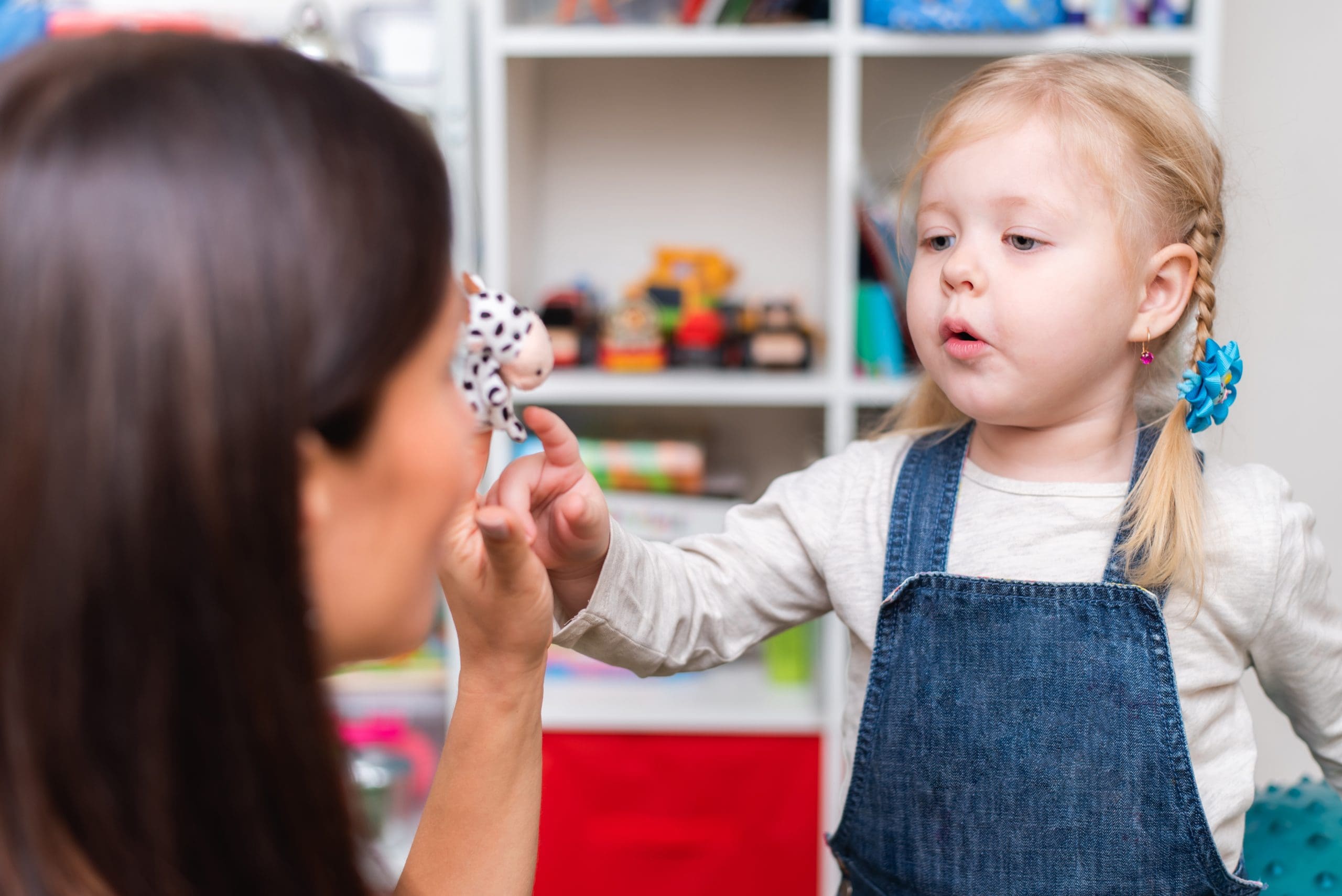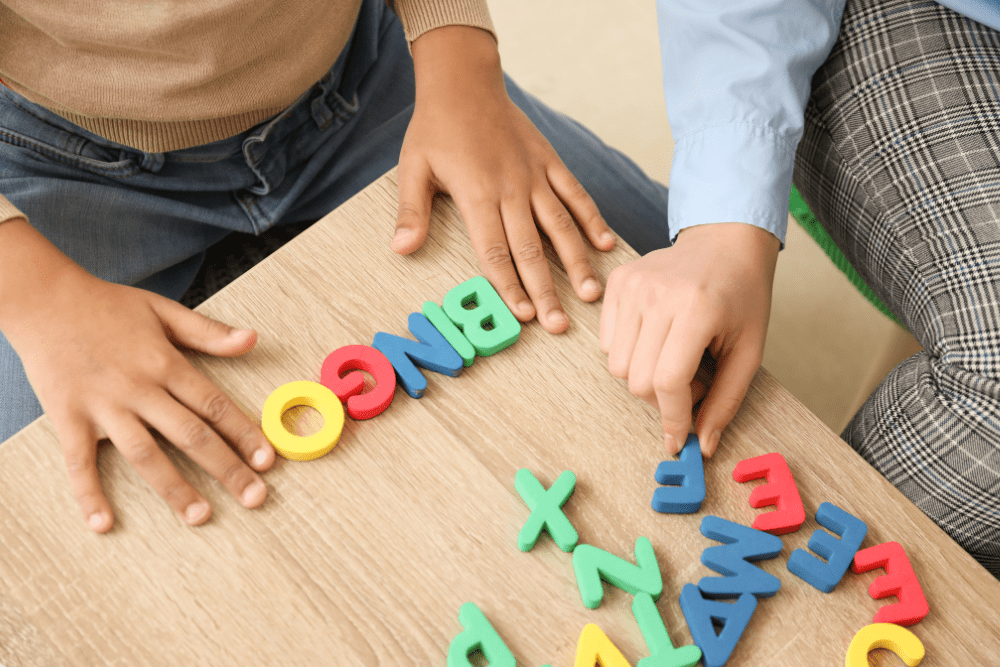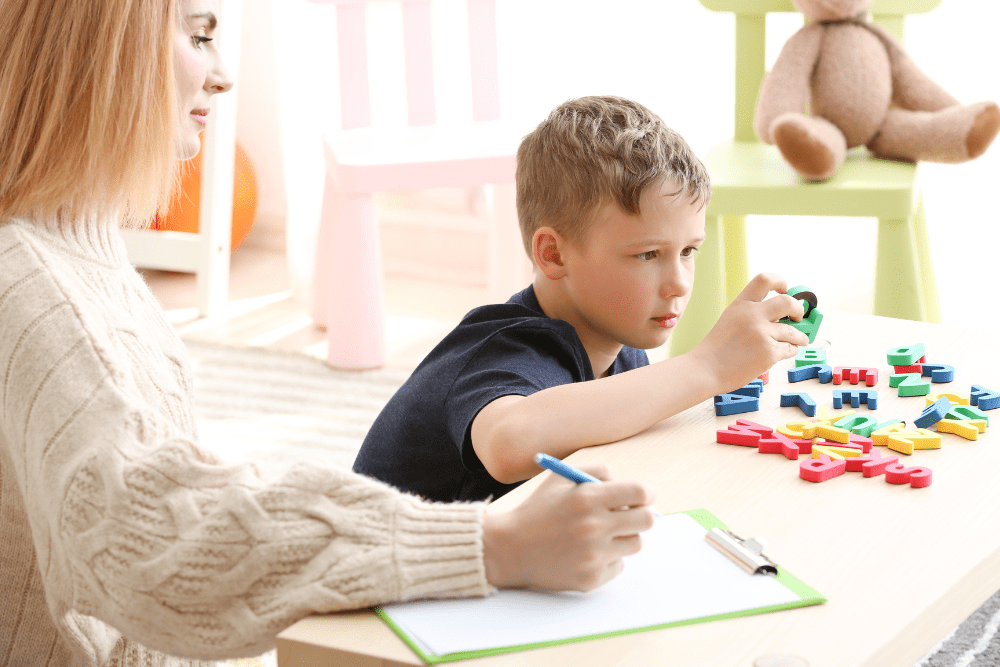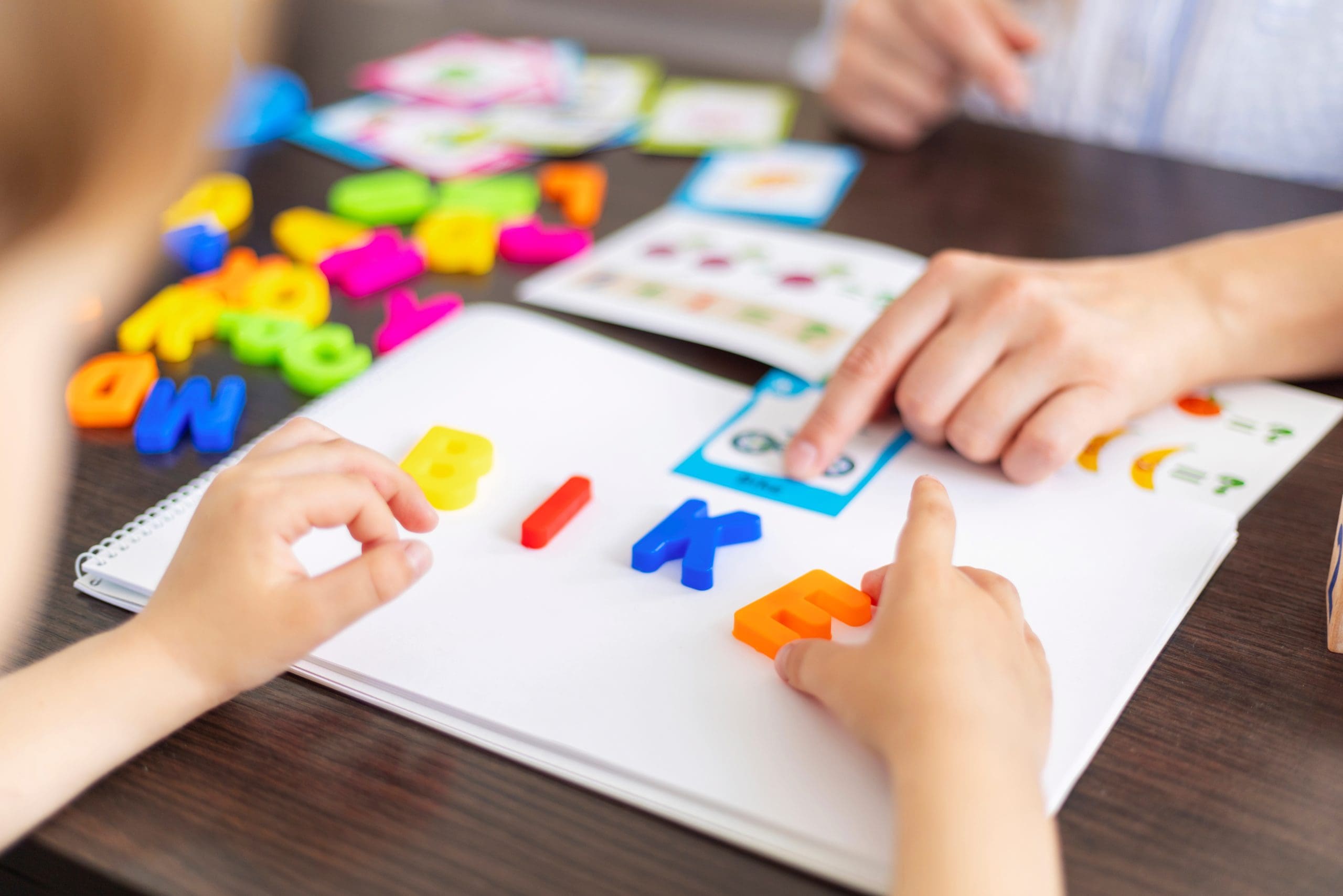Our Services
Our Expert Speech Pathologists are Dedicated to Your Child's Communication Success
We provide high-quality, individualied assessments and treatments to ensure the best outcomes for your child's speech, language, and literacy development.

Assessment
At WA Speech, assessment is integral to understanding your child’s needs. Following an initial meeting, your speech pathologist will determine an appropriate clinical assessment based on your child’s age, developmental level, and therapeutic needs.
Assessments can range from informal, play-based activities to formal standardised evaluations.We believe it is essential to understand your child’s story to identify their strengths and challenges.
By working closely with you, we set goals and deliver a comprehensive therapy plan that builds your child’s skills. Our areas of assessment include articulation and speech sounds, receptive language, expressive language, social communication, play skills, and literacy.
Language
Language encompasses the ability to understand and use words, gestures, pictures, and voice output systems to communicate meaningfully. At WA Speech, we support your child’s language development, helping them express themselves through requesting, commenting, expressing emotions, greeting, questioning, and more.
Our evidence-based techniques enhance vocabulary and language skills, enabling your child to follow instructions, form sentences, understand questions, and grasp both literal and hidden meanings in language. These essential skills ensure effective communication across various environments.


Speech
Speech involves the coordination of the tongue, lips, cheeks, jaw, and palate to produce specific sounds. Some children may struggle with clear speech, making it difficult to communicate their needs and wants, which can impact their literacy, confidence, and schooling.
Our speech pathologists use evidence-based techniques to teach your child how to coordinate their speech muscles. We utilize both articulation and phonological approaches, ensuring fun and effective therapy strategies to support your child’s speech sound development.
Play and Social Skills
Social skills, including play and interaction, are crucial for forming positive relationships and understanding the world. Some children may struggle to make and maintain friendships or interpret social cues.
At WA Speech, we support your child in developing their play and social skills in a neurodiversity-affirming manner. We help them advocate for themselves and understand their social preferences through evidence-based programs and strategies.


Neurodiversity affirming practice
WA Speech prides itself on being neurodiversity affirming across all our services. We help children embrace their differences and develop lifelong self-advocacy skills, recognizing that different ways of communicating are equally valid.
We aim to instill in children the understanding that their minds work differently and that this difference should be celebrated, not changed.
Our goal is to see young neurodiverse individuals thriving.
Stuttering
Stuttering occurs when your child repeats or holds onto words, sounds, or phrases, making it difficult to express themselves and potentially causing anxiety. WA Speech helps your child become a confident communicator. Early intervention is crucial, as stuttering becomes harder to treat with age.
Our stuttering services include natural and structured activities to produce stutter-free speech. We help your child understand factors that may worsen their stutter, teach strategies to reduce it, and manage reactions from others.


Literacy
Literacy encompasses your child’s ability to read, write, and spell. Mastering literacy is a significant skill, and it’s common for some children to need extra help. Difficulties with literacy can make it challenging for children to keep up in the classroom as they progress through school.
We use evidence-based synthetic phonics techniques to target alphabet knowledge, letter sound awareness, phonological awareness skills, reading and writing words with simple or complex patterns, high-frequency word identification, and phonics-based reading and writing. We follow the Sounds Write program, approved by the Dyslexia-SPELD Foundation.
Early Language Development
At WA Speech, we understand the importance of early intervention in helping young children reach their full potential. If you’re concerned about your child’s speech or language development, early intervention is key.
Our play-based therapy and strategies encourage language growth in a fun, engaging way. We use evidence-based techniques, including Hanen strategies and Key Word Sign (KWS), to target language, play, social skills, gestures, and more.


Assistive Technology
Some children need assistive technology to help them communicate. Augmentative and Alternative Communication (AAC) offers alternative ways to express thoughts when using their own voice is challenging. AAC includes visual communication boards, PODD books, voice-to-text/text-to-voice software, and specialized apps.
Our speech pathologists at WA Speech are skilled in assessing, prescribing, and managing both high and low-tech AAC. If your child has significant speech difficulties, is predominantly non-speaking, or struggles with verbal communication, AAC might be beneficial.
Mealtime Management
At WA Speech, our therapists are dedicated to making mealtimes enjoyable and stress-free for families and children. We help children learn to eat a wider variety of foods safely. Swallowing is essential, and difficulties with eating or tolerating certain textures can lead to risks like choking, dehydration, poor nutrition, or aspiration pneumonia.
Our speech pathologists work with your child to ensure safe swallowing.


Gestalt Language Processing
Gestalt Language Processing (GLP) is a type of language development often seen in autistic children and those with delayed language skills. These children typically repeat words or phrases they’ve heard from others or TV shows to express their wants, needs, and emotions.
Working with these children requires a detective-like approach, as their expressions may not match their actual meanings. Children learning this way need a different approach to assessment and intervention, based on the Natural Language Acquisition Framework.
